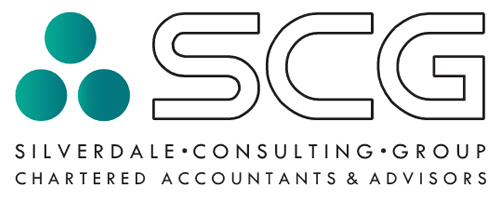Money management can be tough. But remember: it’s never too late to start creating a personal budget to help you kick your financial goals. It’s actually much easier than you think – especially when you break down the steps into a quick guide. In fact, that’s exactly what we’re doing in today’s blog. We’ve come up everything you need to know to get started on your personal budget, including special insider tips from our tax accounting firm in Heidelberg.

Think about why you need a budget
Are you trying to get out of debt? Do you want to reduce unnecessary spending? Or do you simply want to save more?
Figuring out your reasons for creating a budget can help frame your financial needs and wants moving forward. It will also give you a clearer understanding of your current financial position – particularly the areas in which you may be able to improve. Knowing you’d specifically like to reduce unnecessary spending, for example, means you will be able to assess your spending habits and come out with a firm understanding of what needs to change moving forward.
Know your spending habits
Getting a clear and accurate picture of your current spending habits is absolutely essential for creating a budget that is realistic and achievable. You can use a spreadsheet, bank statements, a budget template or budgeting apps to help you keep track of what you spend every month.
Your list of expenses should include:
- Any recurring essential – or non-discretionary – bills that must be paid (such as rent, utilities, insurance and phone bills)
- Your non-essential (discretionary) spending, which may include gifts, dining out, or clothes.
Don’t forget about special calendar events, either! Important birthdays and holidays like Christmas should always be factored into your personal budget to prevent unexpected overspending at these times of the year. You should also factor in allowances for car registration, medical and veterinary exams, and property taxes.
Know your income
Consider all avenues of income when you add up your overall income. This will include:
- Your wage or salary
- Investment income
- Business income or freelance income
- Alimony or child support.
Monthly income isn’t steady for everyone. If your income varies month-by-month, set yourself a minimum monthly ‘salary’ that you can budget from. Base this number on what you’ve earned for the past three months. If you happen to earn more than this salary number in a particular month, you can save it for another month where you may earn less.
Set some goals
Setting financial goals is going to motivate you to stay within your budget, especially if you treat your goals like expenses and pay them automatically. Goals help to prioritise your finances right down to your daily spending. When you think about spending a few dollars on a coffee, you’ll be reminded that you’re saving for an overseas holiday and may decide to save the money instead.
Your financial goals might look something like:
- Saving for a deposit on a home
- Building an emergency fund
- Saving for a holiday
The more specific you can get with your goals (such as including specific figures), the better. Remember to stay realistic and allow yourself some leeway.
Hold yourself accountable and track your progress
Once you’ve created your budget, the next step is to stick to it.
There are a number of fantastic resources you can use to help you track how well you are progressing towards your financial goals. Some, like Mint, will help you manage your bank and credit card statements and track your spending, warning you when you exceed your spending budget.
If you budget with your partner, you might also want to consider scheduling a monthly meeting with them to ensure you’re both on the same page. Opening up the conversation can help keep both of you accountable and committed to the budget you created together.
Get the help of a tax accountant in Heidelberg
Tax time can be a confusing (or even stressful) time of the year. You need to be on top of your personal budget in order to be compliant with ATO requirements (such as reporting your income). The best way to handle tax time and avoid common tax mistakes is to get the help of a Silverdale tax accountant in Heidelberg.
Silverdale Consulting Group is a financial consulting firm based in Eaglemont. With over 40 years of knowledge between our consultants and tax accountants, our financial team is well-positioned to assist with any tax accounting needs you may have. We provide financial services for businesses and individuals looking for an advisor or tax accountant in Heidelberg and in surrounding north-east suburbs.
To speak with an experienced tax accountant in Heidelberg, contact us today on (03) 9497 5885.
